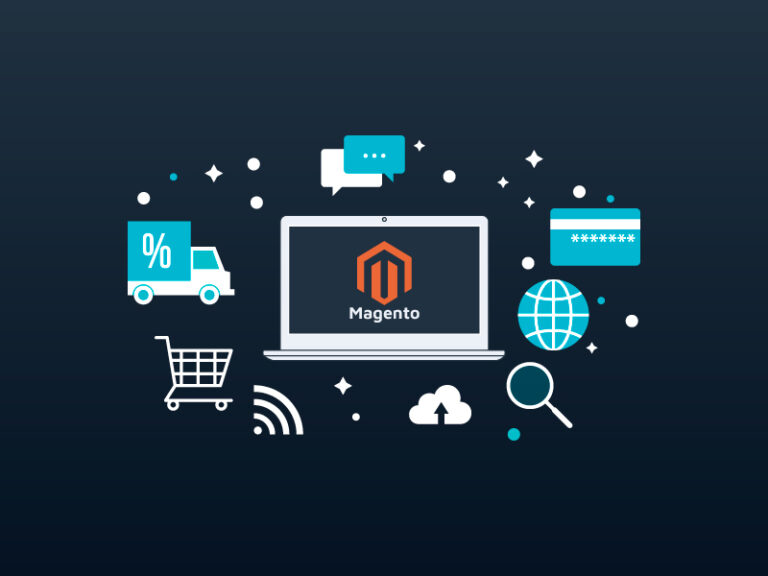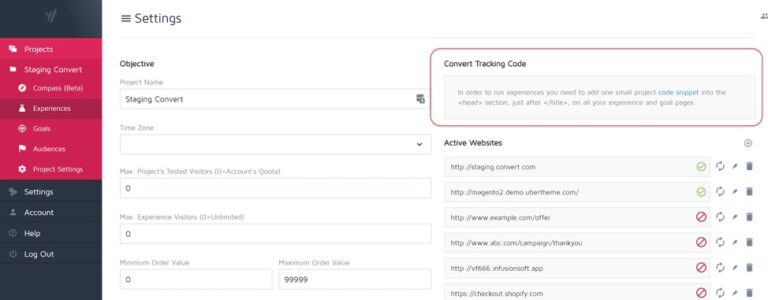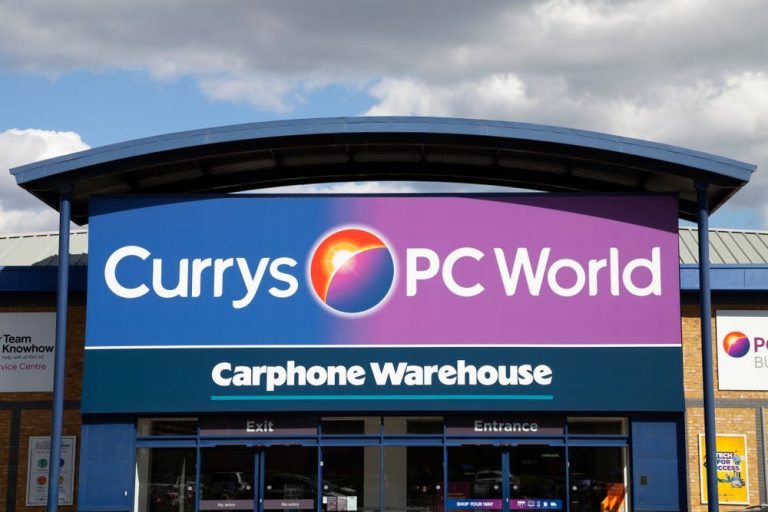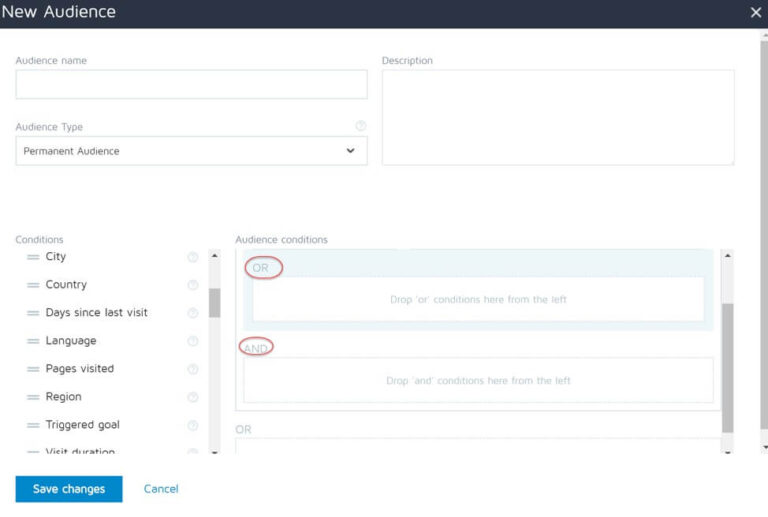
“Initially, when AdWords came out, it was very straightforward, simple, and auction-based,” said Robert Brady, founder of Righteous Marketing and a Practical Ecommerce contributor.
Smart Bidding options include:
Google Ads Smart Bidding uses machine learning to optimize performance and streamline account management.
Ease of Use
Brady gave an example as he described the differences between the Maximize Conversions and Maximize Conversion Value strategies.
If Smart Bidding isn’t working, look at how you’ve configured conversion tracking and transaction-specific values since they are often the problem.
“With its automation, Google wants to deliver similar or better performance with less time commitment,” said Brady during a live interview on March 11, 2021, with members of the CommerceCo by Practical Ecommerce community. CommerceCo members can watch a replay of the full interview.
Imagine a busy ecommerce business where every staff member has multiple responsibilities. There is no person whose only task is to manage pay-per-click advertising.
“Smart Bidding…[is Google] saying, ‘We’ve got a bidding algorithm. It’s informed by all of the engineering minds and all of the data that we have. We will get the best performance out of it based on the type of [Smart Bidding] you choose,” Brady said.
Smart Bidding, while relatively easy, require testing and monitoring, not a set-it-and-forget-it approach.
Performance
“You would bid on a keyword. If somebody searches on that [keyword], your ad will show. For every advertiser who had that keyword, [AdWords] would rank those bids. The highest bid was first.”
Using Smart Bidding, “You’re trying to benefit from the cumulative knowledge and data that is present in [Google’s] system … to squeeze additional [campaign] performance,” said Brady.
“You might have to test whether optimizing for total conversions is best. If you have different values and you [try to] maximize conversions, newsletter sign-ups are probably easier to get than demos. The algorithm will [seek] the easiest conversions.”
Smart Bidding Options
“For lead-generation, you also need values, proportionally related. Signing up for a demo, maybe that’s worth a hundred dollars. But signing up for our newsletter might be a ten-dollar value because you might need ten newsletter sign-ups to get one person to agree to a demo. That’s the [value relationship] you are trying to set,” Brady said.
“Google can take an anonymized look at similar advertisers…based on the industry and keywords…and look at its data set and apply what is working in these other areas to your campaigns,” Brady said.
- Target CPA uses your account’s past performance and contextual signals to produce as many conversions as possible at or below a target cost-per-action. Brady warned that this bidding strategy could result in low volume if not configured correctly.
- Target ROAS applies artificial intelligence to predict your ad’s conversions that generate the most revenue at your target return on advertising spend (ROAS). Target ROAS is a popular choice with ecommerce businesses, but according to Brady, it requires knowing the required conversion values. If not, the strategy won’t work.
- Maximize Conversions relies on Google’s data to obtain the most conversions for a given campaign budget. Be careful what you ask for, however. According to Brady, this strategy can sometimes focus on easy-to-convert, low-cost items rather than products with higher profit margins.
- Maximize Conversion Value, like Target ROAS, requires conversion tracking and setting transaction-specific values. But it should create the most revenue possible for a campaign budget.
Test and Monitor
“How can you get the most out of your daily budget with the goal being conversions…or the value of those conversions. In ecommerce, that’s a sale.
Done well, Smart Bidding should lead to improved results as your campaigns (small or large) tap into Google’s insights about the folks who use its search engine and advertising network and what makes a successful ad.
Ease of use and time-savings are not enough. Smart Bidding also needs to improve performance.
Thus, when you set up a Smart Bidding strategy, know what you expect from it and have a plan to test it.
But performance can mean different things to different businesses. That’s okay, because as Brady put it, “There are several flavors of Smart Bidding. It is not just a single on-off switch.”
Smart Bidding is helpful in part because of its ease of use.
Moreover, Smart Bidding can relieve some of the pressure on a busy marketing team.



![[Infographic] Can Social Media Help Your Small Business?](https://research-institute.org/wp-content/uploads/2022/08/infographic-can-social-media-help-your-small-business.jpg)
![[Press Release] More than profits, Conscious Business philosophy betters the world](https://research-institute.org/wp-content/uploads/2022/08/press-release-more-than-profits-conscious-business-philosophy-betters-the-world-10-768x576.jpg)

